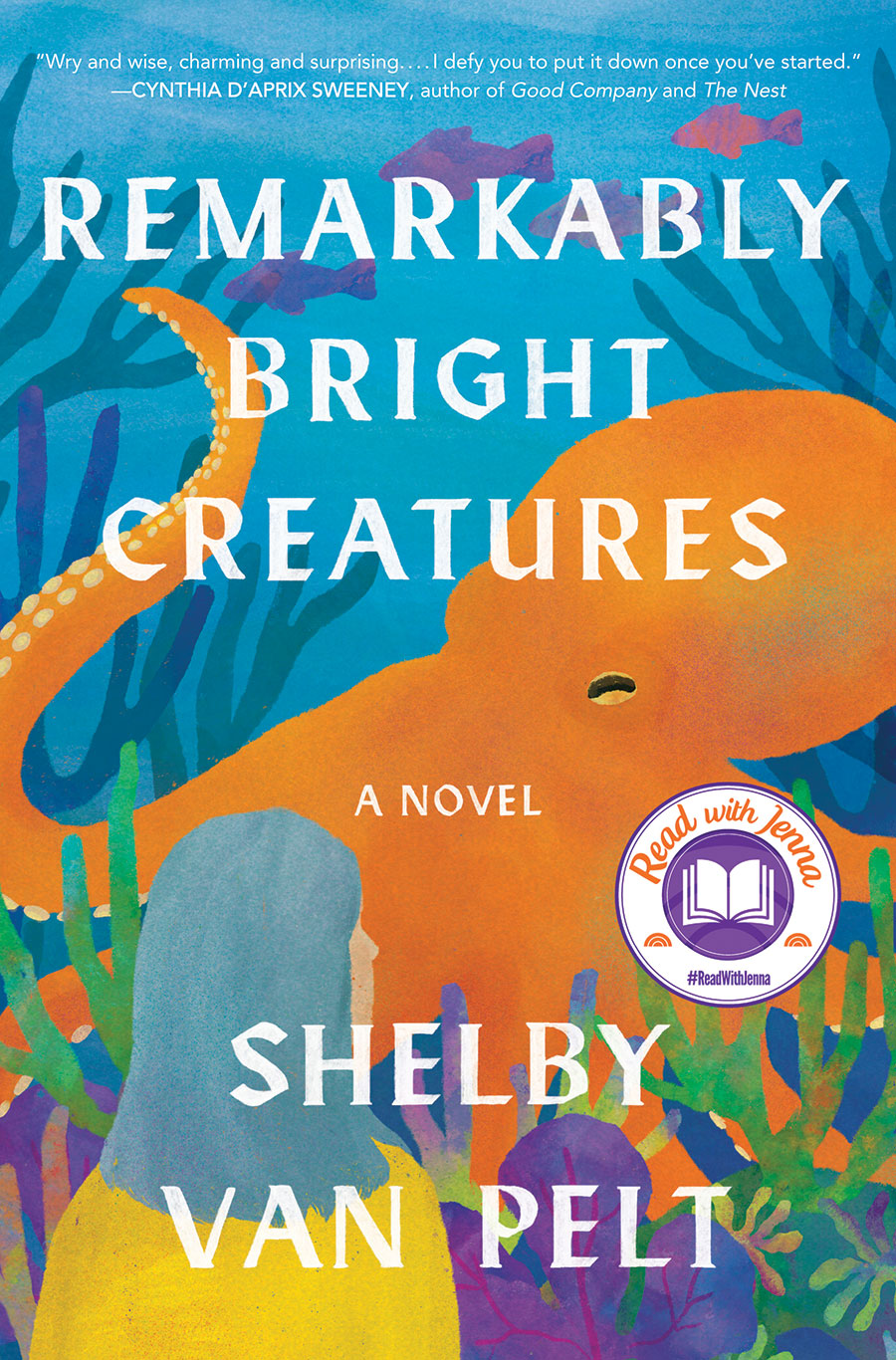Title: Pachinko
Author: Min Jin Lee
# of Pages: 484 (paperback)
Genre: Fiction, Historical Fiction, Asia
Rating: ★★★★★
Synopsis: Pachinko follows one Korean family through the generations, beginning in early 1900s Korea with Sunja, the prized daughter of a poor yet proud family, whose unplanned pregnancy threatens to shame them all. Deserted by her lover, Sunja is saved when a young tubercular minister offers to marry and bring her to Japan. So begins a sweeping saga of an exceptional family in exile from its homeland and caught in the indifferent arc of history. Through desperate struggles and hard-won triumphs, its members are bound together by deep roots as they face enduring questions of faith, family, and identity.
Review: “There was more to being than just blood” (Pachinko, p.471).
I'd forgotten what a five star book reads like. Pachinko is a beautiful book about a Korean family living in Japan during the colonization of Korea in the 20th century. Although I am not from a Korean Japanese family, I felt the authenticity of Sunja's family's story and found the internal perspective to be extremely enlightening of how families have been effected by the colonization.
“The Korean Japanese may have been historical victims, but when I met them in person, none of them were as simple as that” (Min Jin Lee, Acknowledgments, p.482).
I love how Lee went the extra mile to ensure her story was as close to the truth as possible and even restarting her draft to more accurately depict the complexity of Korean Japanese. Her attention to detail on not only Korean culture but also Japanese culture is impeccable and is well integrated into the story, it might be overlooked by many readers. For example:
“Long ago, he had learned how to keep nodding even when he didn’t agree, because he noticed that the motion alone kept people talking” (328).
This line, although not explicitly stated, reflects the element called aizuchi in Japanese conversations. You can read more about it here: http://www.japanese-language.aiyori.org/article6.html.
Even if some are not interested in the historical aspect (although this book IS historical fiction), readers may find the latter part of the book more relatable. As the story spans multiple generations, the end of the book is concentrated on the 1980s (nearly present day, depending on who you ask). Asians in general have often been viewed as the "model minority" in America, and the lack of education on Asia history may have caused people to be incredulous at the thought of discrimination in Asian countries:
“When she told her friends in New York about this curious historical anomaly, they were incredulous at the thought that the friendly, well-mannered Japanese they knew could ever think she was somehow criminal, last, filthy, or aggressive - the negative stereotypical traits of Koreans in Japan” (435)
This quote from a character named Kazu reflects the sentiment some Asian Americans who have experienced the ignorance of Asian cultures first hand:
“When I was in the States, people used to say stupid-ass crap about Asians, like we all spoke Chinese and ate sushi for breakfast. When it came to teaching US history, they’d forget the internment and Hiroshima. Whatever, right?” (441).
Korean American character Phoebe represents all the Americanized Asians who balance multiple cultures in their lives:
"'I grew up eating pizza and hamburgers. And lots of Kentucky Fried Chicken. I love the KFC corn on the cob.' ... 'But you didn't eat any Korean food?' ... 'On the weekends we ate it. At a restaurant'" (449).
I'm surprised a movie/tv show/drama isn't already in the works. There is plenty of drama that would appeal to viewers on the big screen (I was literally gasping at the unexpected events that occur throughout the book; some parts read very much of a Korean drama - in a good way!).
Yes, this book is a long read, but I would highly recommend it to everyone! It is an incredibly insightful novel of a commonly overlooked part of history.










No comments:
Post a Comment